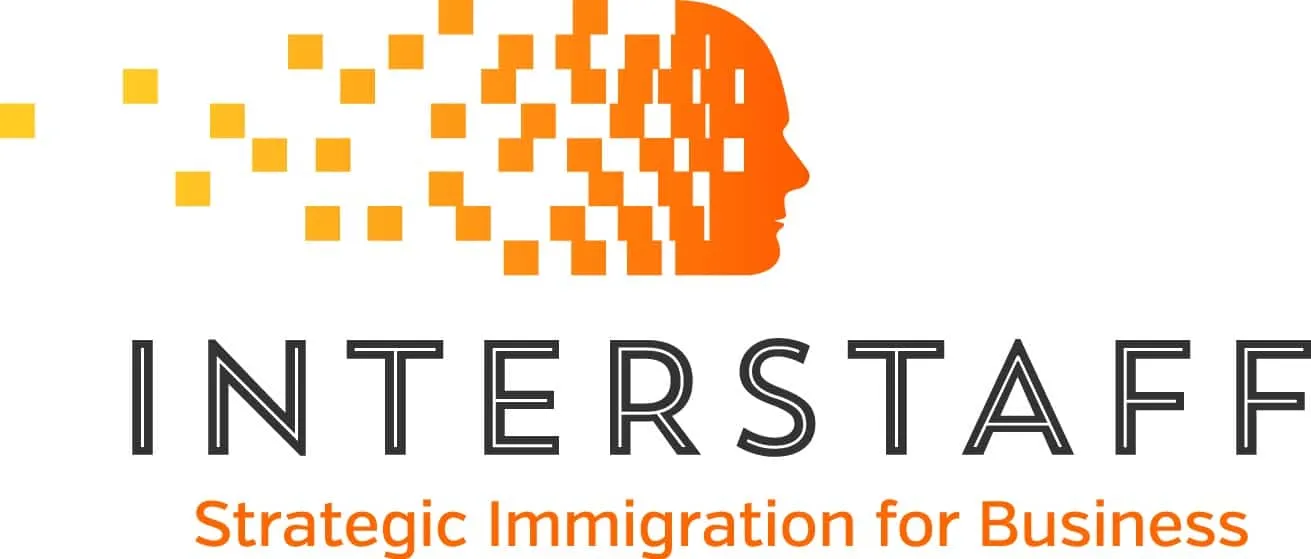Which Areas Are Considered Designated Regional Areas For Priority Visa Processing?

Employer-Sponsored Visas for regional work are being prioritised for Government processing in 2024, according to the latest Ministerial Direction. This includes applications for a 482 Temporary Skills Shortage (TSS) Visa, 494 Skilled Regional Visa or a 186 Permanent Residence Visa for applicants working in a ‘Designated Regional Area’.
Written by Sheila Woods (MARN: 0533879) of Interstaff 27 February 2024
With cities such as Perth being listed as ‘Designated Regional Areas’, read on to find out more.
- Designated Regional Areas and Visa Options
- Regional Incentives
- Visa Eligibility and Sponsorship
Designated Regional Areas and Visa Options
The Department of Home Affairs considers most locations of Australia outside its major cities (Sydney, Melbourne and Brisbane) to be ‘designated regional areas’ for visa and migration purposes.
The Government’s definition of Designated Regional Areas can be further classified into two categories:
- Category 2 – ‘Cities and Major Regional Centres’
- Perth
- Adelaide
- The Gold Coast
- The Sunshine Coast
- Canberra
- Newcastle/Lake Macquarie
- Wollongong/Illawarra
- Geelong
- Hobart
- Category 3 – ‘Regional Centres and Other Regional Areas’ – this includes all other areas outside of Sydney, Melbourne, Brisbane and Category 2 cities and major regional centres.
This broad definition of ‘Designated Regional Areas’ allows eligible migrants to access the benefits of a 494 Skilled Regional Visa for work in cities that many people may not consider ‘regional’ – such as Perth, Adelaide, Canberra, Hobart and other densely populated areas in Australia.
Some of the main benefits of a 494 Visa has historically been its provision for a 5 year visa period and a more certain pathway to PR after 3 years, however since November 2023 the 482 TSS Visa now provides a PR pathway after 2 years of work with an employer.
Other regional incentives are also available and migrants seeking to work in a Designated Regional Area may wish to seek professional advice when comparing Regional and Standard (non location-specific) Skilled Visa options.
It’s also important to note that following the Government’s December 2023 Ministerial Direction, 494 Visa applicants, 482 TSS Visa applicants, and Subclass 186 Permanent Residence Visa applicants working in Designated Regional Areas may be able to access priority visa processing.
Designated Regional Areas | Regional Incentives
Different regional incentives are available for skilled migrants who migrate to locations classified as Category 2 ‘Cities and Major Regional Centres’ compared to Category 3 ‘Regional Centres and Other Regional Areas’.
Migrants who work in Category 2 locations may have access to the following regional incentives:
- Priority processing of Regional Visas
- Access to the Regional Occupations List (ROL) – there are more occupations that are eligible for a visa on the ROL compared to non-regional lists, which could open up the opportunity to migrate or work in Australia under your occupation
- International graduates with a bachelor or higher qualification from a regional campus of a registered institution may be eligible to access an extra year in Australia on a post-study work visa
Migrants who work in Category 3 – ‘Regional Centres and Other Regional Areas’ locations may have access to:
- Greater availability of skilled visa placements with 11,200 regional places devoted to the program, priority processing of regional visas, and access to the Regional Occupations List.
- International graduates with a bachelor or higher qualification from a regional campus of a registered institution may be eligible to access an extra 2 years in Australia on a post-study work visa.
In addition, employers in Category 3 areas may have priority in negotiating region-specific Designated Area Migration Agreements (DAMAs), which allow for concessions when engaging visa holders for work in Australia.
Visa Eligibility and Sponsorship
With the Government prioritising the processing of employer-sponsored visas in Designated Regional Areas in 2024, it may be a good time to discuss sponsorship options and consider a visa eligibility assessment for prospective candidates.
For an eligibility assessment or other professional visa, sponsorship or migration advice, we encourage you to contact Interstaff’s Migration Agents and get in touch here. Our team assist both individuals and employers with the visa and migration process.
Established in 1988, Interstaff has over 35 years of Australian visa and migration experience and provides strategic immigration advice to businesses and individuals Australia-wide and internationally. MARN: 0533879.
